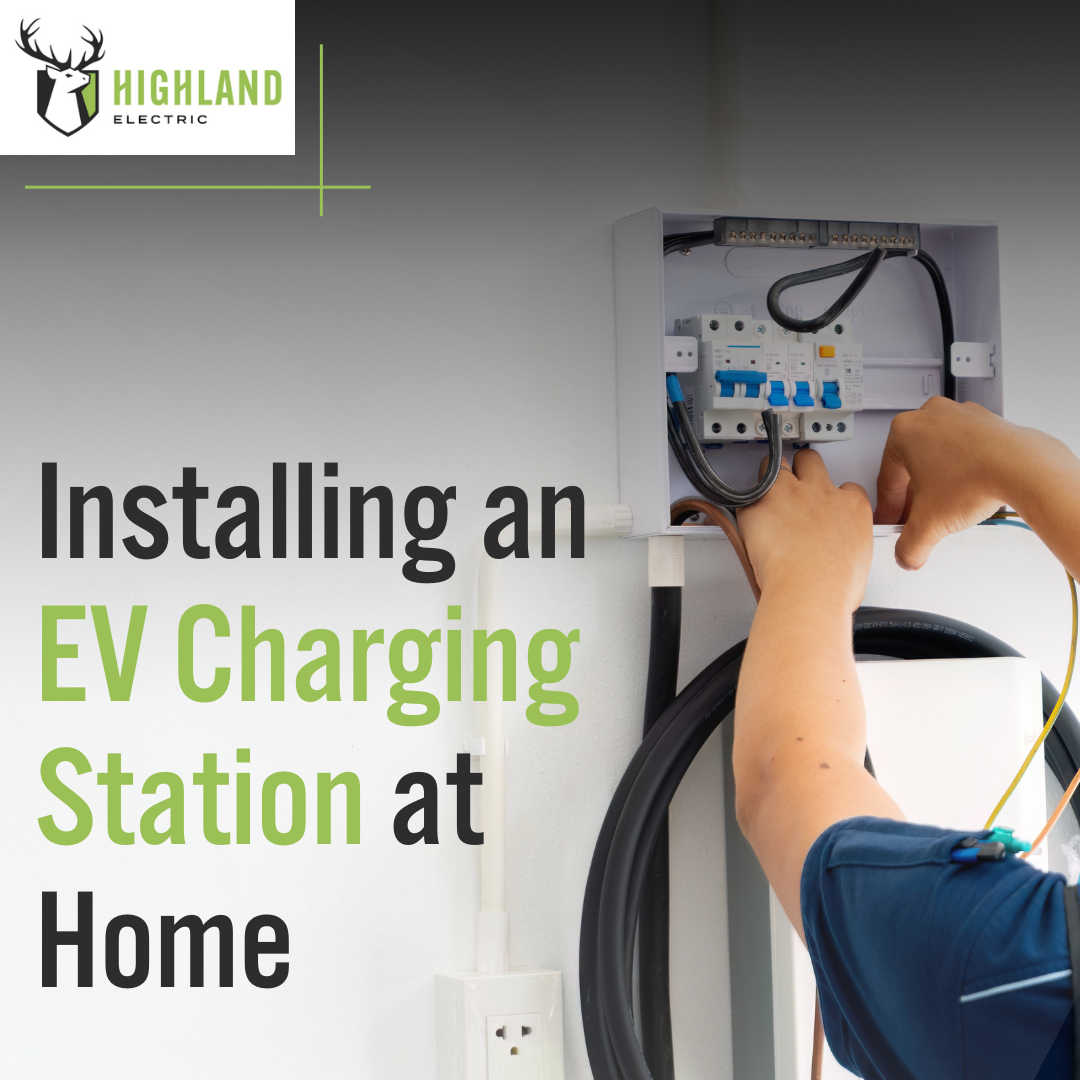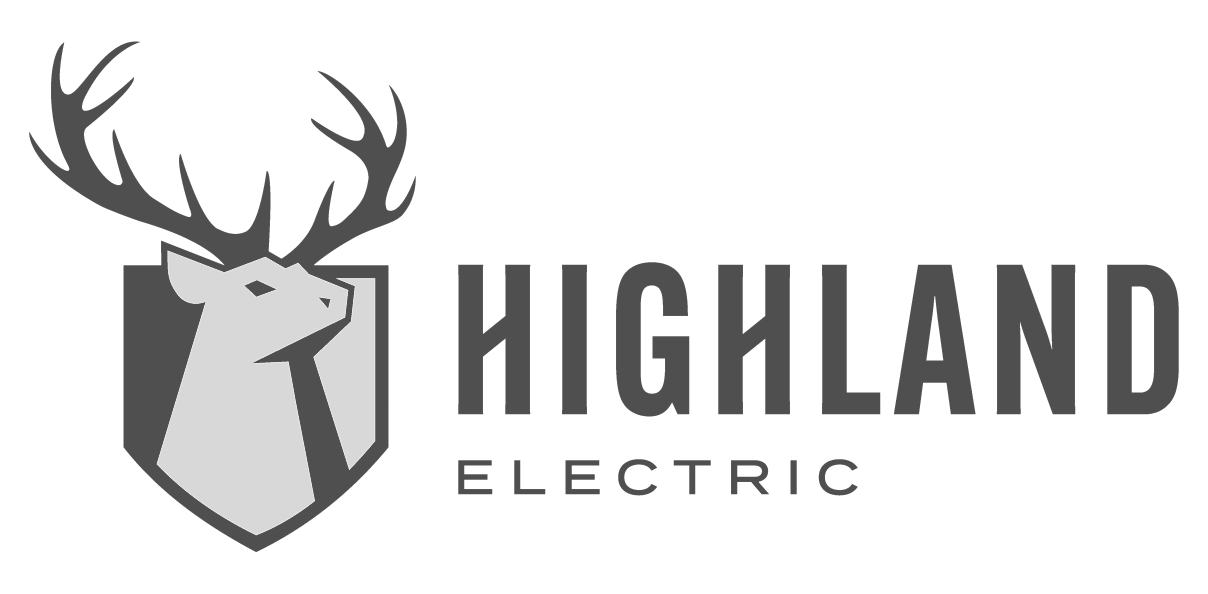23 of the Most Common Residential Electrical Issues
Understanding and resolving frequent home electrical problems

Dealing with electrical problems in your home can be a daunting and overwhelming task that requires immediate attention.
Not only do these bothersome issues disrupt your daily life, but they can also pose serious safety risks and potential hazards if not addressed properly and promptly. In this informative and comprehensive blog post, we'll delve deep into the intricacies of 23 of the most common residential electrical issues that homeowners often encounter.
By shedding light on these prevalent problems, we aim to equip you with the knowledge and understanding needed to tackle them head-on, ensuring that your home remains a safe and functional haven for you and your loved ones.
So, let's explore the wide range of electrical concerns that might plague your humble abode, from minor annoyances to major concerns, and uncover some effective solutions to mitigate these risks and maintain the optimal functionality and safety of your household.
1. Power Outages
A sudden loss of power in your home can be caused by various factors, including local utility issues or internal circuit problems. Hazards include food spoilage, loss of lighting, and disruption of essential appliances. To address this, check if the outage is localized to your home or affecting the neighborhood. If it's just your home, inspect your circuit breaker or fuse box.
2. Flickering Lights
This can indicate minor issues like a loose bulb or serious problems like faulty wiring. Persistent flickering can lead to damaged appliances and even fire hazards. Ensure bulbs are tight in their sockets, and if the issue persists, consult an electrician.
3. Tripped Circuit Breakers
Frequently tripped breakers can signify circuit overload, faulty appliances, or a serious electrical fault. Ignoring this can lead to electrical fires. Identify and unplug the appliances causing the overload and consider upgrading your electrical panel.
4. Electrical Surges
Surges can be caused by lightning strikes, damaged power lines, or faulty appliances. They can damage electronics and, in severe cases, cause electrical fires. Use surge protectors and consult an electrician to check your wiring.
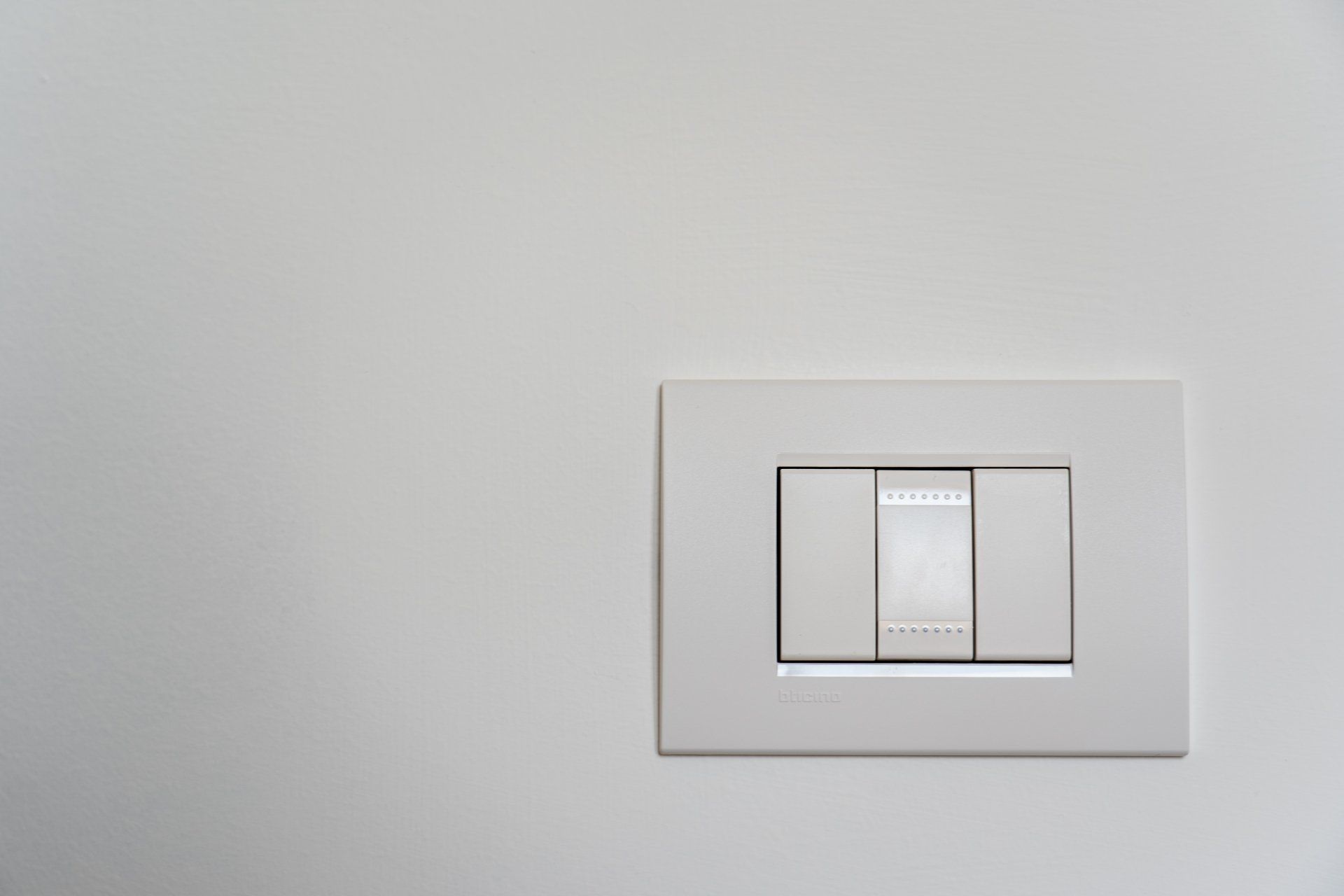
5. Faulty Light Switches
Non-responsive or inconsistently working switches might indicate wiring issues or problems with the fixture itself. This can lead to electrical shocks or fires. If a new bulb doesn’t fix the issue, it’s time to call an electrician.
6. Dead Outlets
Outlets that don’t work could be due to a tripped breaker, poor connection, or faulty wiring. This poses a risk of electrical shocks or fires. Resetting your circuit breaker might help, but if not, an electrician should inspect the outlet.
7. Overloaded Circuits
Signs include frequently tripped breakers and flickering lights. Overloading can cause damage to your electrical system and appliances, and poses a fire risk. Avoid plugging too many devices into one circuit and consider having an electrician install additional circuits.
8. Electrical Shocks
Experiencing a mild shock when touching appliances can be due to grounding issues or faulty wiring. This poses a serious risk of injury. Check your appliances for faults, and if the problem persists, consult an electrician.
9. High Electricity Bills
Unusually high bills can be caused by electrical leaks, inefficient appliances, or an overburdened system. This not only strains your wallet but can also overwork your electrical system. Conduct an energy audit and consider upgrading to energy-efficient appliances.
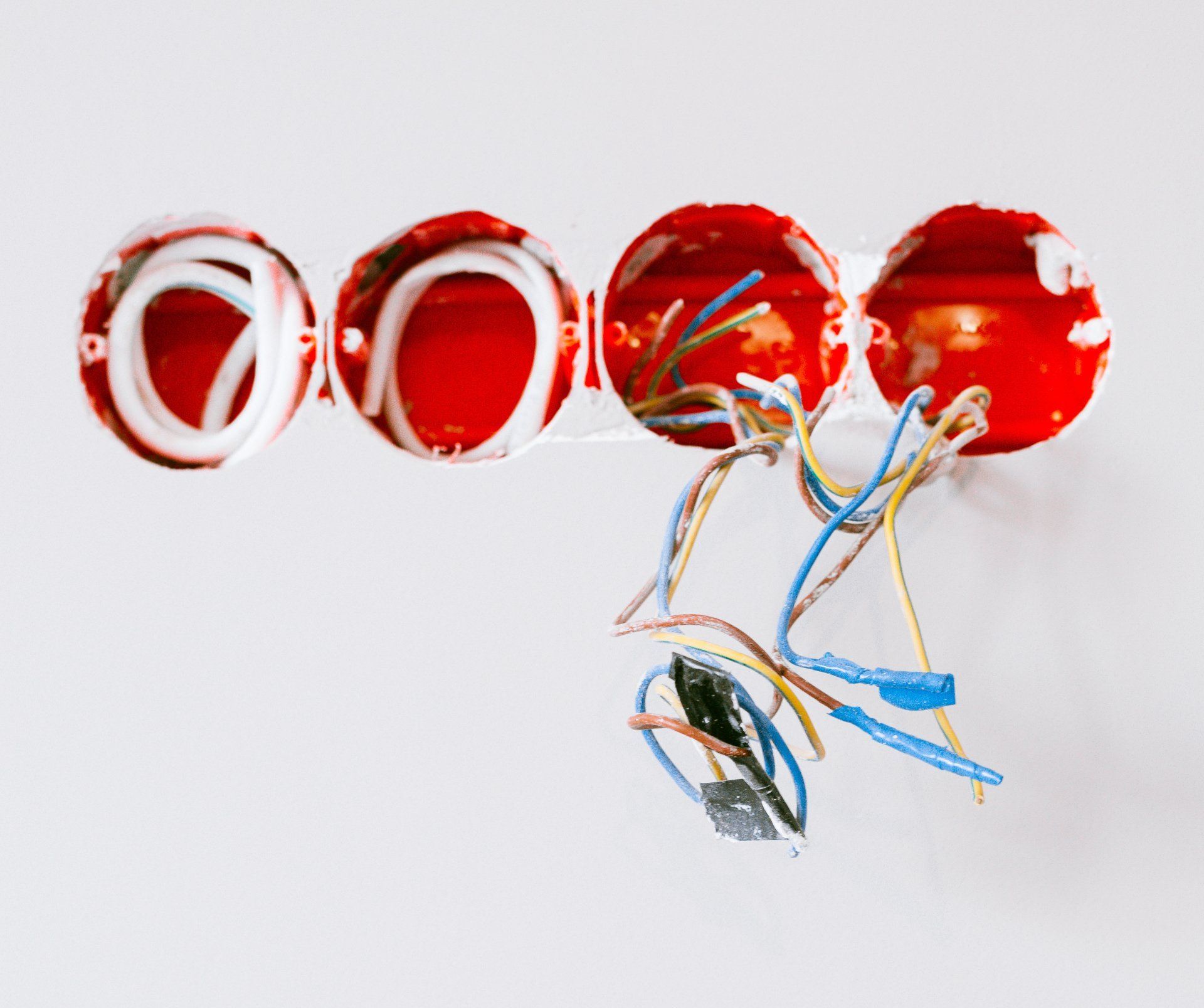
10. Old Wiring
Outdated wiring is not equipped to handle modern electrical loads and can be a fire hazard. Signs include frequent problems with lights and circuit breakers. Upgrading your home's wiring is essential for safety.
11. Buzzing Noises
Buzzing from outlets or switches indicates electrical arcing or loose wiring, which can lead to fires. Turn off the power to the affected area and contact an electrician immediately.
12. Dimming or Flickering Lights on Appliance Use
This can indicate a serious issue with your home’s electrical circuitry. It’s a sign of an overloaded circuit or major wiring problems. An electrician can assess and upgrade your home’s electrical capacity.
13. Burning Smell from Outlets or Switches
A burning odor signifies overheating electrical components, which is a precursor to an electrical fire. Shut off power to the affected area and call an electrician right away.
14. Loose Electrical Connections
Symptoms include flickering lights or intermittent power. Loose connections can cause arcing and overheating, leading to fires. Tightening connections can solve this, but it’s safest done by a professional.
15. GFCI Outlet Issues
Ground Fault Circuit Interrupter outlets are designed to prevent electrical shocks. If they’re not working correctly, they can’t protect you from shock or electrocution. Regular testing and resetting of GFCI outlets are recommended, and if they fail, replacement is necessary.
16. Aluminum Wiring Concerns
Found in older homes, aluminum wiring can loosen over time and create a fire hazard. Signs include warm cover plates and flickering lights. It’s advisable to have a professional replace aluminum wiring with copper.
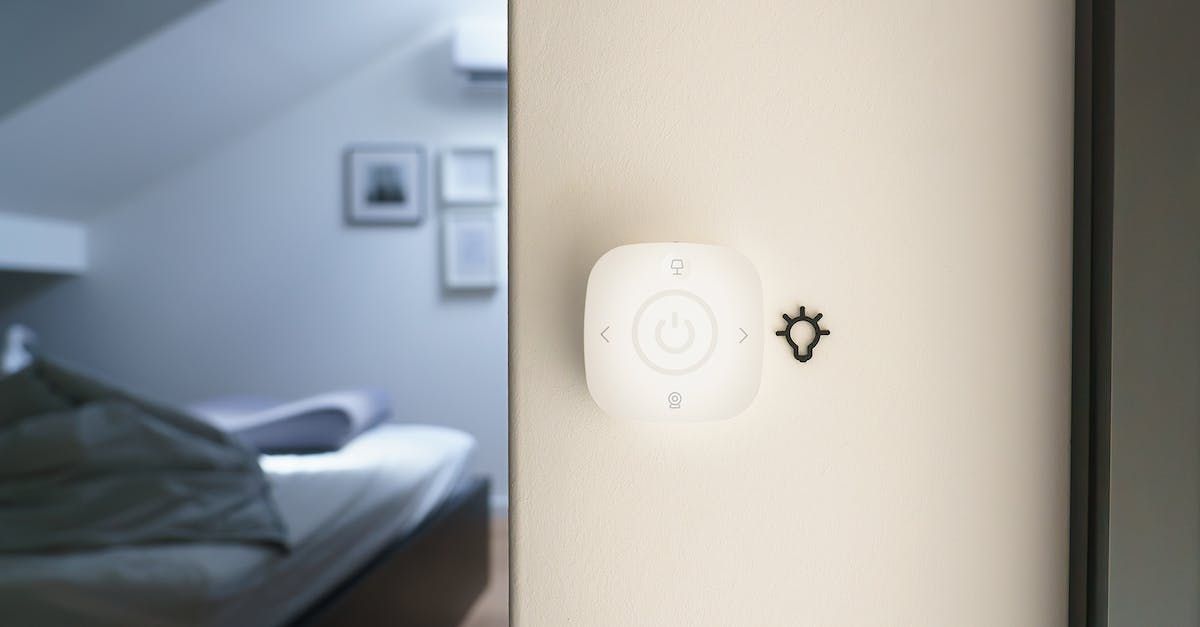
17. Smart Home Installation Issues
Incorrect installation of smart home devices can lead to malfunctions and overload your electrical system. Ensure proper installation and compatibility with your home's electrical system.
18. Electrical Switch Installation Issues
Incorrectly installed switches can lead to malfunctioning lights and potential fire risks. Ensure switches are installed correctly, preferably by a professional.
19. Outdoor Electrical Safety
Outdoor electrical work, like landscaping lighting, requires proper grounding and weatherproofing. DIY mistakes can lead to short circuits or electrocution. Hiring a professional is crucial for outdoor electrical installations.
20. Childproofing Electrical Outlets
Unprotected outlets pose a risk to curious children. Childproofing is essential to prevent shocks. Simple solutions include outlet covers or tamper-resistant receptacles.
21. Electrical Panel Upgrade Needs
Older panels may not support modern electrical demands, leading to frequent tripping and potential fire hazards. Upgrading your panel can enhance safety and accommodate higher electrical loads.

22. LED Lighting Upgrades
Poorly installed LED lighting can cause flickering and may not be compatible with your existing electrical system. Professional installation ensures compatibility and efficiency.
23. Home Electrical Inspections
Neglecting regular inspections can lead to undetected issues, posing safety risks. Regular professional inspections can identify and rectify potential problems early.
Electrical issues in your home should never be taken lightly. While some problems can be resolved with simple fixes, others require the expertise of a licensed electrician. Regular maintenance and timely interventions are key to ensuring your home’s electrical system is safe, efficient, and reliable. Remember, when in doubt, always consult a professional to handle your electrical needs.
This comprehensive overview of common residential electrical issues aims to educate homeowners on potential hazards and solutions, emphasizing the importance of electrical safety and professional assistance.
Contact Highland Electric To keep your home's electrical systems safe and in top condition!

